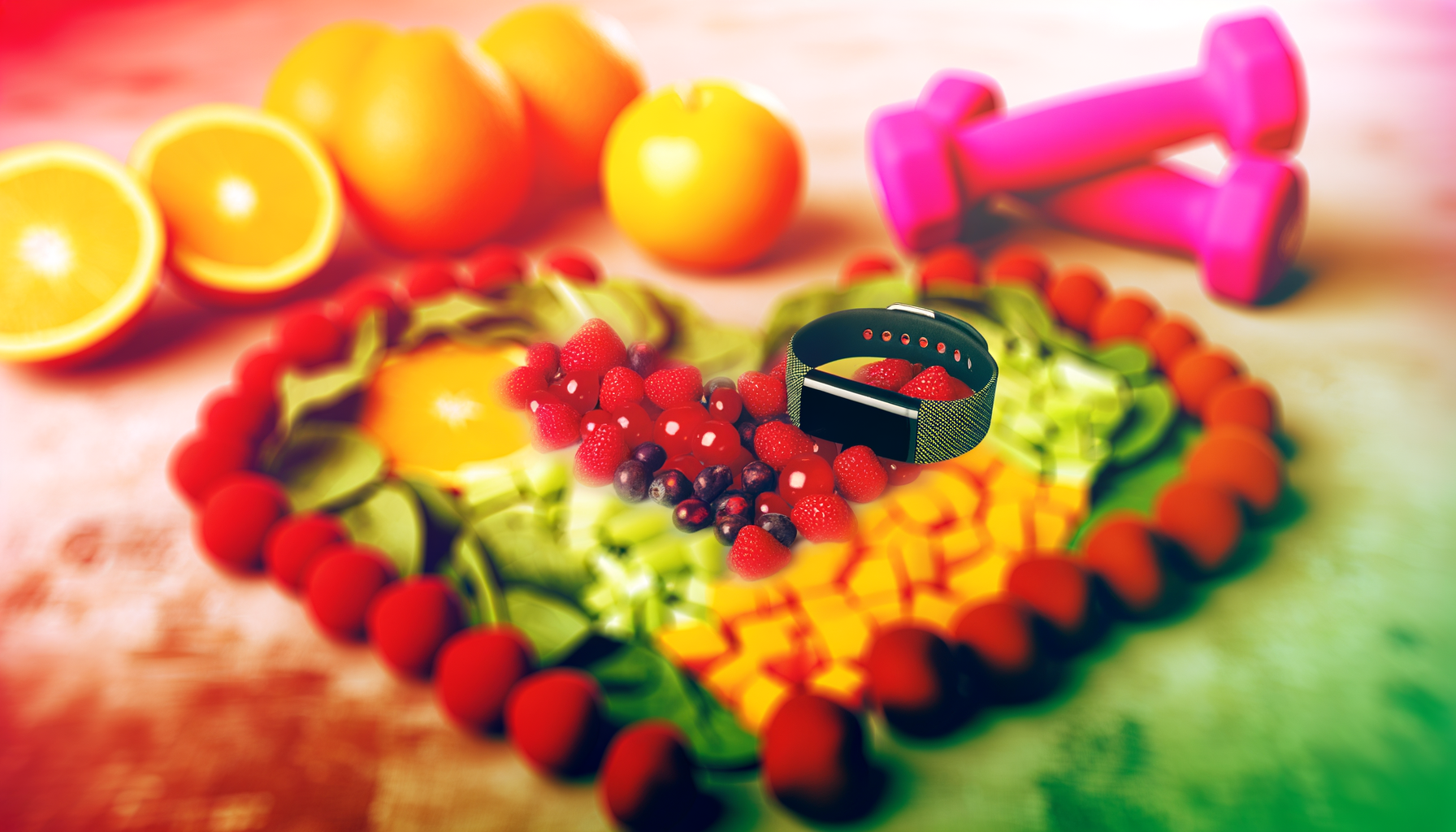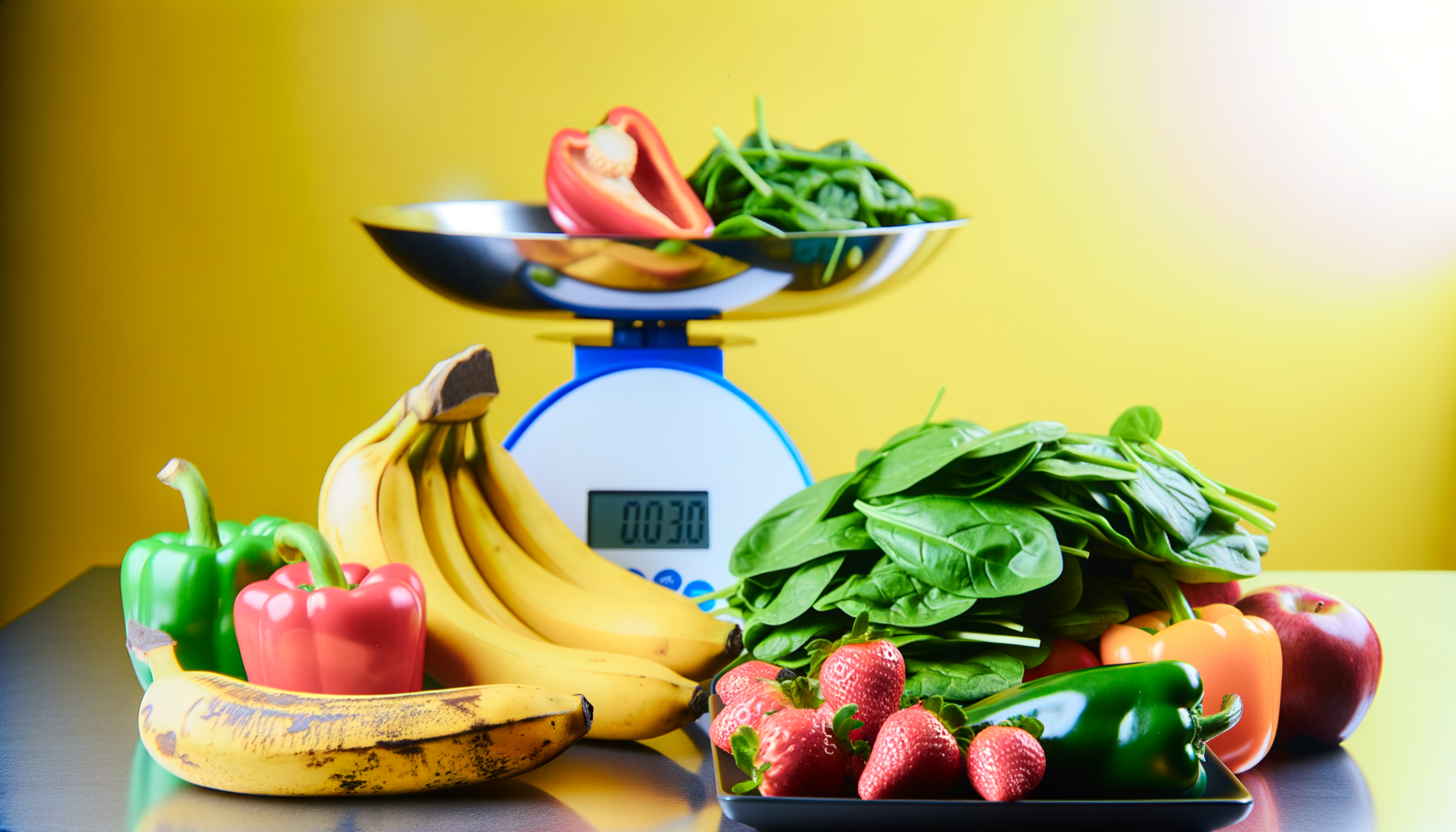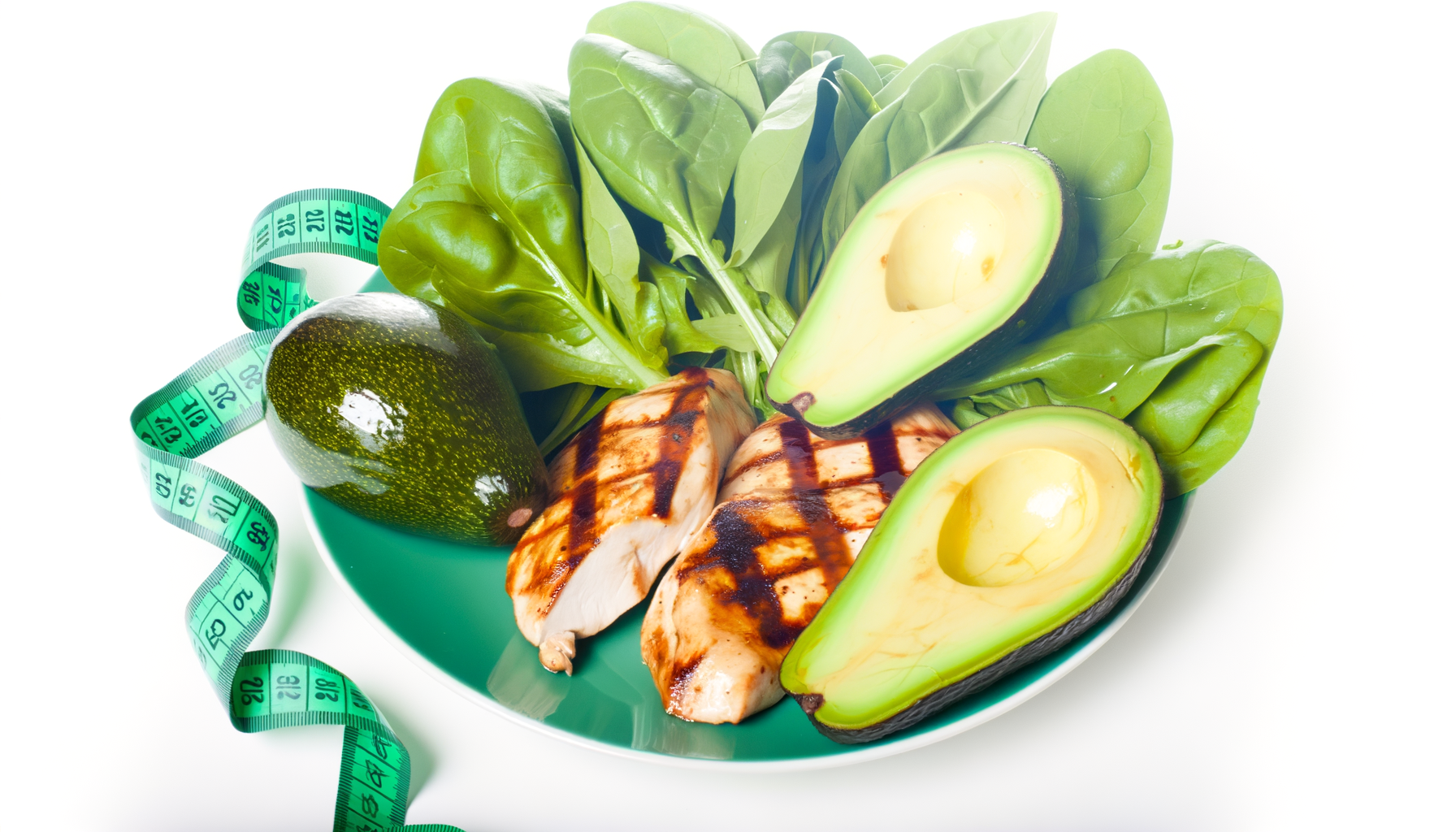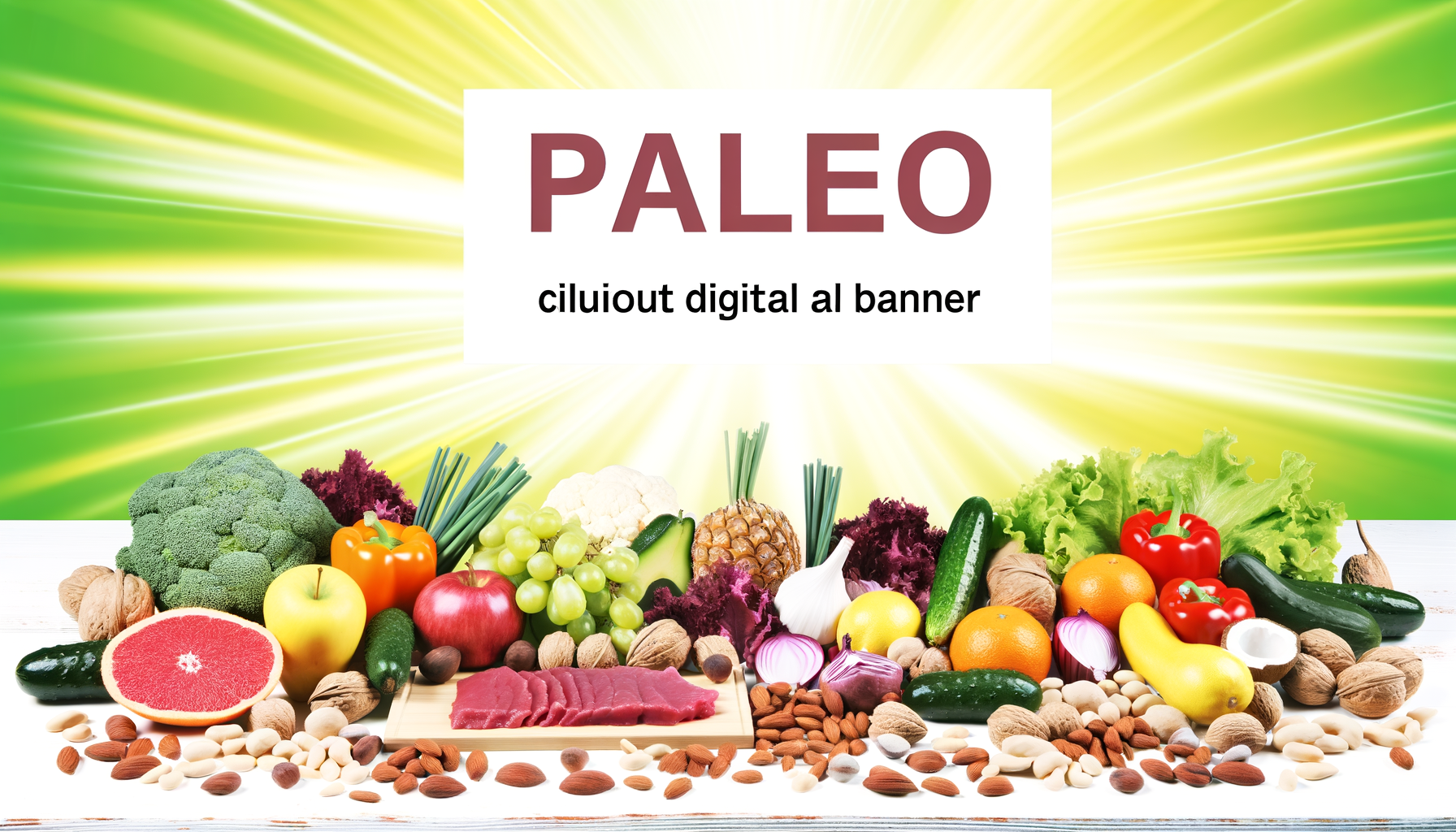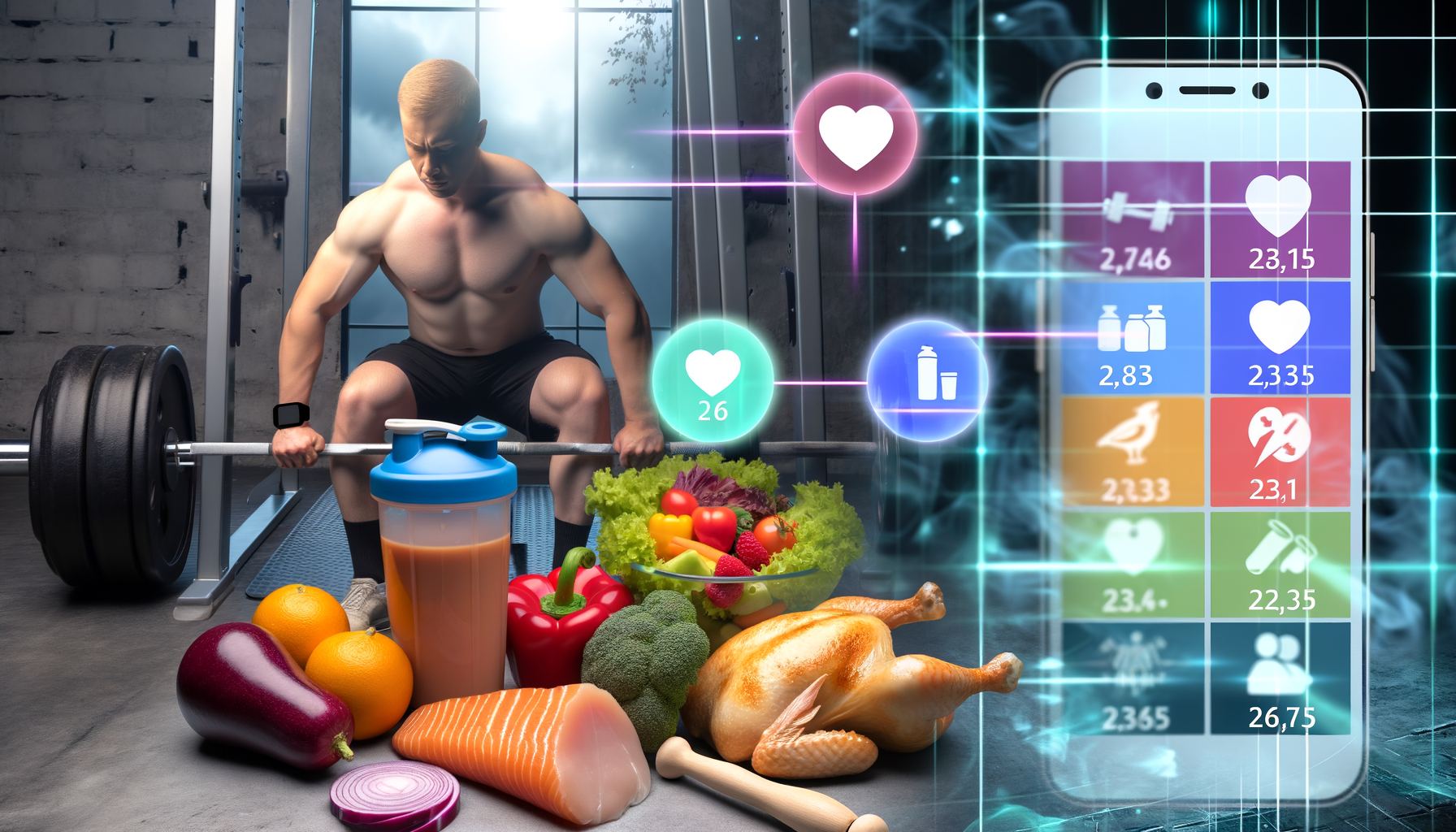Optimizing Nutrition for Traumatic Brain Injury Recovery with WP Calorie Calculator Pro
The Critical Role of Nutrition in Traumatic Brain Injury Recovery
When an individual suffers from a traumatic brain injury (TBI), the road to recovery is complex and multifaceted. One of the most crucial aspects of this recovery process is nutrition. The brain and body require specific nutrients to heal and function optimally, making a well-planned diet essential for TBI patients.
Understanding the Nutritional Needs of TBI Patients
TBI patients experience a unique set of physiological changes that significantly impact their nutritional needs. Immediately after the injury, the brain enters a state of hypermetabolism, requiring increased energy and nutrient intake to support the healing process. Studies have shown that TBI patients need to consume calories significantly above their resting metabolic rate, often up to 140% above the basal metabolic rate.
This increased demand for calories and nutrients highlights the importance of accurate calorie management. Malnutrition is a common issue among hospitalized TBI patients, with up to 50% experiencing malnutrition due to reduced food intake caused by pain, discomfort, and emotional issues.
The Science Behind Calorie Calculation
To address the specific nutritional needs of TBI patients, tools like the WP Calorie Calculator are invaluable. This calculator uses the Mifflin-St. Jeor formula, a widely recognized method for calculating basal metabolic rate (BMR). The formula takes into account essential parameters such as body mass, height, age, and biological sex, and incorporates multipliers for different activity levels and goals.
In the context of TBI recovery, this precision is crucial. For instance, a study emphasized the importance of meeting overall average calorie needs to reduce the number of days until symptoms reach baseline levels. It also highlighted the role of carbohydrates, proteins, and fats in the recovery process, with carbohydrates playing a particularly significant role in reducing the duration of symptoms.
Implementing the WP Calorie Calculator for TBI Recovery
The WP Calorie Calculator can be seamlessly integrated into a healthcare or fitness website to provide personalized calorie recommendations. Here are some key benefits:
The calculator offers a user-friendly interface where patients can input their age, body mass, height, and other relevant details. This simplicity is crucial for individuals who may be struggling with cognitive or physical impairments post-TBI.
The plugin allows for the configuration of input fields and units, ensuring that the calculator can be adapted to meet the specific needs of TBI patients. For instance, it can account for different lifestyle activities and body mass goals, which are critical in the recovery phase.
The calculator automatically converts between metric and imperial units, eliminating the need for manual conversions and reducing errors. This feature is particularly useful in a clinical setting where accuracy is paramount.
Enhancing Neuroplasticity Through Nutrition
Nutrition not only supports the physical healing of the brain but also enhances neuroplasticity, the brain's ability to adapt and change. Adequate calorie and nutrient intake are essential for the brain to manufacture the proteins it needs for the healing process. This is particularly important in the acute and subacute phases of TBI recovery, where the brain is most vulnerable and in need of optimal nutritional support.
Best Foods for Brain Injury Recovery
A diet rich in specific nutrients can significantly aid in TBI recovery. Here are some of the best foods to include:
Fatty Fish: Fish like salmon, mackerel, and sardines are rich in omega-3 fatty acids, which are crucial for rebuilding brain cells and promoting neuroplasticity.
Dark, Leafy Greens: These vegetables are high in vitamins and minerals such as magnesium and zinc, which are often depleted following a TBI.
Turmeric: Turmeric contains curcumin, an antioxidant that stimulates the production of BDNF, an essential growth factor for neuronal repair and regeneration.
Walnuts and Flaxseed Oil: These are rich in healthy fats and omega-3 fatty acids, which support brain function and recovery.
Practical Steps for Healthcare Providers and Fitness Professionals
To integrate the WP Calorie Calculator into your practice, follow these steps:
Install the Plugin: Add the WP Calorie Calculator to your WordPress website to provide a valuable resource for your visitors.
Configure the Calculator: Customize the input fields and settings to meet the specific needs of TBI patients. This may include adjusting for different lifestyle activities and body mass goals.
Educate Patients: Use the calculator as part of a comprehensive nutrition plan to educate patients on the importance of calorie management in their recovery. This can include providing detailed dietary recommendations and monitoring progress.
Conclusion and Next Steps
Incorporating the WP Calorie Calculator into a healthcare or fitness website can be a powerful tool for supporting TBI patients in their recovery journey. By providing accurate and personalized calorie recommendations, this tool can help ensure that individuals receive the necessary nutritional support to aid in their brain recovery.
For those interested in leveraging this tool, consider the following next steps:
Visit the WP Calorie Calculator Plans page to choose a plan that suits your needs. This will help you integrate the calculator seamlessly into your existing workflow.
Explore other resources on nutrition for TBI recovery, such as the Brain Injury Canada guidelines on nutrition, to ensure a comprehensive approach to patient care.
By focusing on a well-structured brain recovery diet and utilizing tools like the WP Calorie Calculator, healthcare providers and fitness professionals can significantly enhance patient outcomes and support the complex process of TBI recovery.
